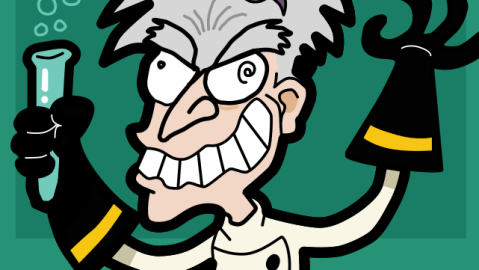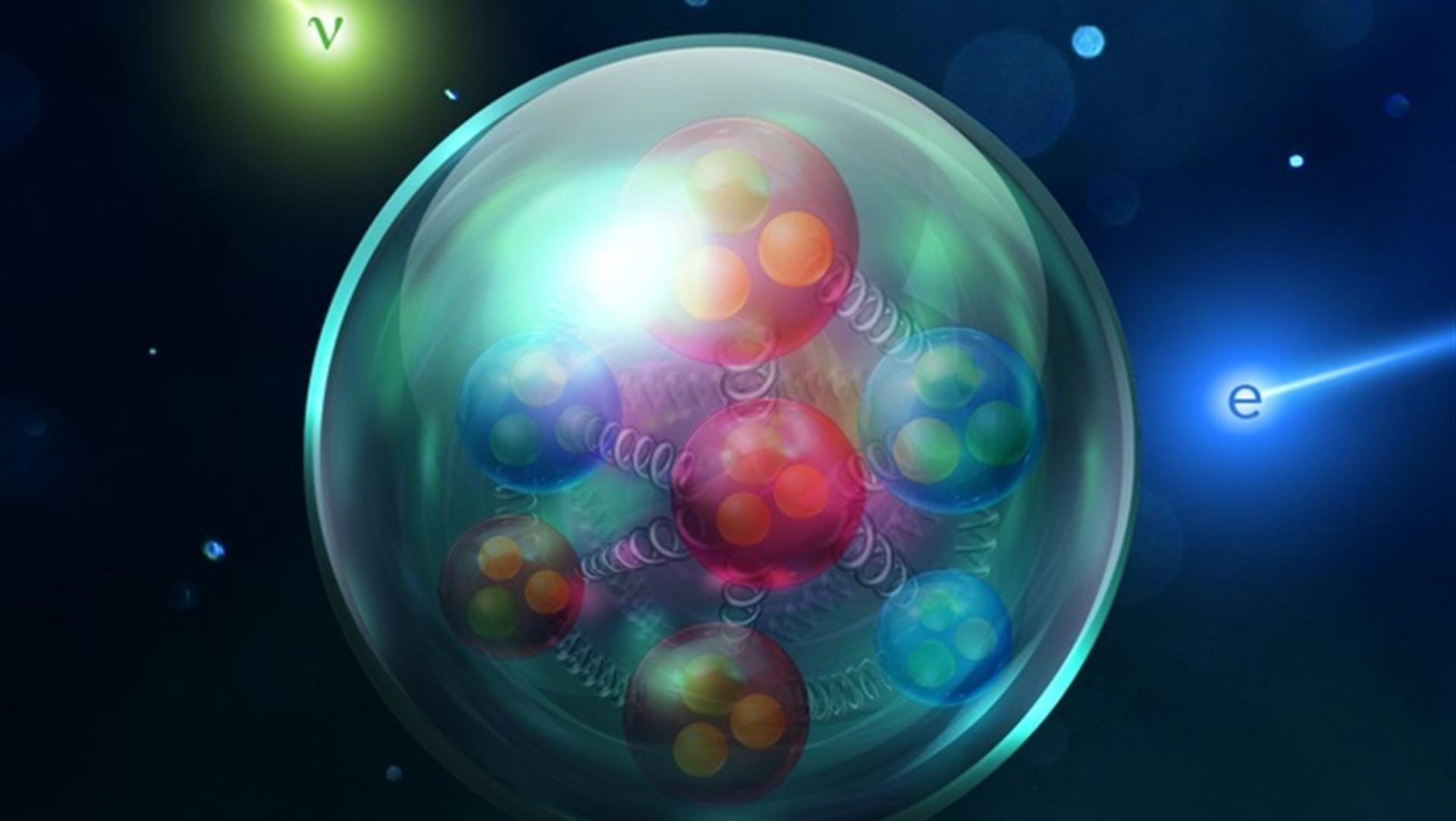Scientific Infantilism Watch

A.N. Wilson, the arch-conservative English litterateur, doesn’t like scientists. They are “gods of certainty” and people who respect them, he writes today, are responsible for killing most of Britain’s cows and sheep and keeping the country’s addicts on their drugs and many other bad, bad things, yea, even unto Adolf: “The only difference between Hitler and previous governments was that he believed, with babyish credulity, in science as the only truth. He allowed scientists freedoms which a civilized government would have checked.”
And so on and on. It is, in the words of a great American satirist, to laugh. (Not least because Wilson’s picture of Nazi attitudes to science is exactly backwards.) But his yowl of Tory cretinism is worth noting. It’s an illustration of the dangers of scientific infantilism: The belief that science is, or is supposed to be, or claims to be, a collection of absolute truths.
That idea isn’t just for people who are anti-science, like Wilson. It’s also upheld by some of science’s advocates as a strategy for dealing with the public. Richard Dawkins, for example, apparently doesn’t think people smart enough to learn that a theory can be robust, dependable and sound. Like it or not, many hear “theory” and think “idle guess.” So, Dawkins said last month, scientists would be better off condescending to the public: “Because the word ‘theory’ is so wantonly misunderstood by lay people, we are better off using a word that ordinary lay people actually understand — the word `fact.’ ”
Wilson’s screed illustrates why, with friends like that, science doesn’t need enemies. It is because he thinks scientists claim to be “gods of certainty” that Wilson can write that they’re arrogant jerks who won’t stand for disagreement: “How dare mere politicians question their judgments? They are scientists, aren’t they? And what scientists say must be taken as true.”
Exactly backwards, again. Real scientists live for disagreement — it’s by their questioning each other, and themselves, that science advances. When they deny their respect to some “point of view,” the trouble isn’t what the crank believes, but how he came to believe it. Scientists don’t defend today’s theory as eternal truth. They defend the methods that produced it: the gathering of evidence by rigorous means, and the evaluation of that evidence by logical, testable procedures.
Wilson hates those methods because they can lead people away from the traditional and familiar. (The trigger for his rant was a claim, by the chair of the government’s scientific panel on drug abuse, that marijuana causes less harm in Britain than do alcohol and tobacco.) “The trouble with a ‘scientific’ argument,” Wilson writes, “is that it is not made in the real world, but in a laboratory by an unimaginative academic relying solely on empirical facts.”
Substitute “glory of” for “trouble with ” and you have a good credo for the scientific method. And that’s what merits a defense. When, instead, people claim that science is about its True and Certain results, they play into the hands of people like A.N. Wilson, who want to represent rigor as credentialism, and hard-won insights as the false doctrines of a modern Inquisition. (Science-as-Inquisition is his image, by the way. Guess the Hitler allusion was too mild to make the point on its own.)
Because the word “theory” is so wantonly misunderstood by lay people, I submit, scientists should work hard to make it better understood. Scientific infantilism is not their friend.




